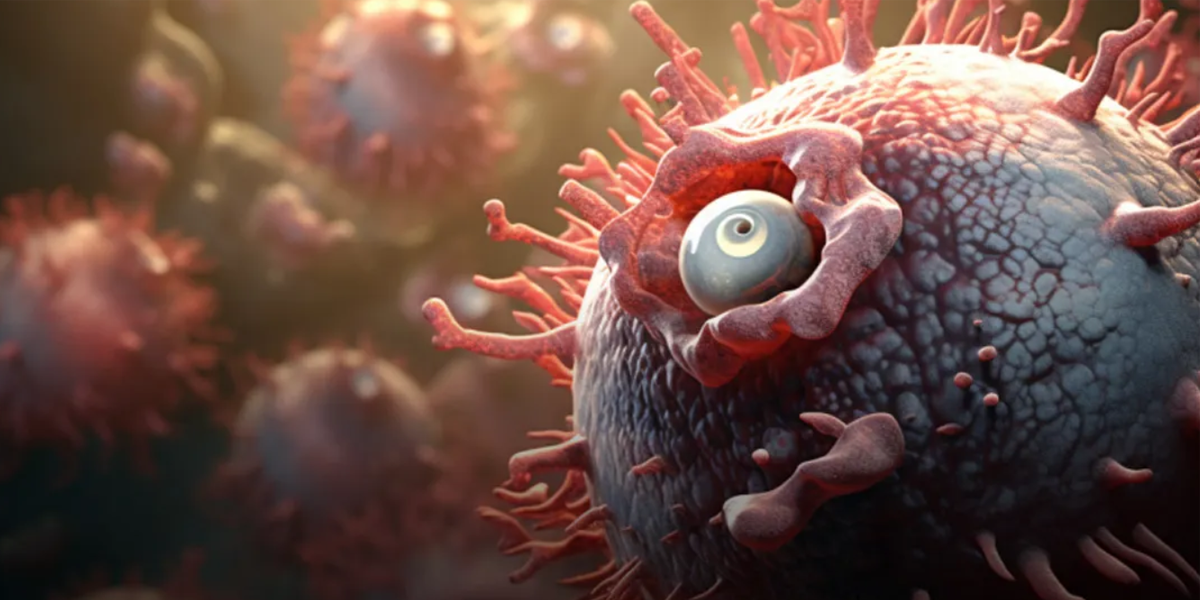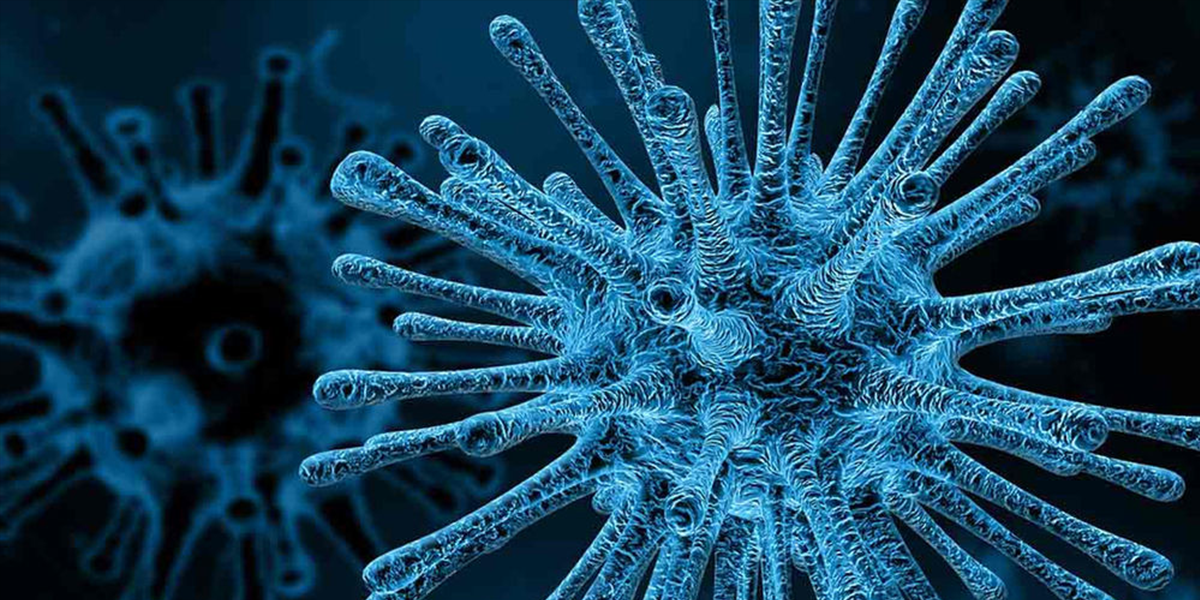In the realm of horror fiction and popular culture, few concepts captivate the imagination as intensely as the idea of a zombie virus — a mysterious pathogen that turns ordinary humans into mindless, flesh-eating creatures. From movies to video games, the notion of a virus causing a zombie apocalypse has become a staple of storytelling. But what if such a virus were real? Let’s delve into the fictional science behind the virus that causes zombies.

The Concept of the Zombie Virus
The fictional zombie virus is typically depicted as a highly contagious pathogen that spreads rapidly through a population, transforming its victims into aggressive, cannibalistic beings. While the specific origins and mechanisms vary across different narratives, several common elements define the concept:
- Transmission: Zombie viruses are often portrayed as being transmitted through bodily fluids (blood, saliva), bites, scratches, or even airborne particles in some depictions. This rapid and efficient transmission contributes to the swift spread of the virus.
- Effects on the Body: Once infected, victims undergo a transformation that includes heightened aggression, loss of higher cognitive functions, and an insatiable craving for human flesh. Physical changes, such as decay and deterioration of tissues, are also commonly depicted.
- Reanimation of the Dead: Perhaps the most fantastical aspect of the zombie virus is its ability to reanimate deceased individuals, bringing them back to a semblance of life despite the absence of brain function or vital signs.

Scientific Plausibility
While the idea of a zombie virus is compelling in fiction, it is important to note the significant scientific implausibility:
- Biological Feasibility: No known virus or pathogen can reanimate dead tissue or alter human behavior to the extent seen in zombie narratives. Decomposition of tissues after death is a natural process that cannot be reversed by any known means.
- Neurological Impossibility: Zombies in fiction often retain motor skills and basic functions despite severe brain deterioration or damage. Human neurological systems do not support such capabilities once brain function ceases.
- Ethical and Practical Considerations: The ethical implications of a virus that causes such profound changes in behavior and biology raise significant concerns about human rights, medical ethics, and societal implications.

Lessons and Reflections
Despite its scientific implausibility, the concept of a zombie virus offers insights into human psychology, societal collapse scenarios, and emergency preparedness:
- Exploration of Fear and Morality: Zombie narratives explore themes of fear, morality, and survival in extreme situations. They serve as allegories for societal collapse, pandemics, and the breakdown of social order.
- Preparedness Culture: The popularity of zombie-themed survival guides and preparedness kits underscores a broader interest in disaster preparedness. While a zombie virus may be fictional, preparing for real-world emergencies (natural disasters, pandemics) remains crucial.
The fictional zombie virus remains a captivating concept that sparks the imagination and serves as a canvas for exploring existential fears and societal dynamics. While it is firmly rooted in fiction, its enduring popularity reflects humanity’s fascination with the unknown and our resilience in imagining and confronting worst-case scenarios.
As we enjoy zombie fiction in movies, books, and games, let us appreciate its storytelling value while recognizing the clear boundary between fiction and scientific reality. The zombie virus may never emerge from the pages of fiction into reality, but its legacy as a symbol of fear and survival continues to resonate in our collective consciousness.



